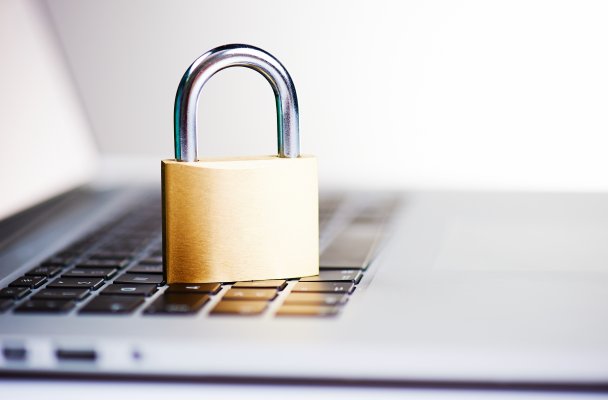We spend most of our day connected to the Internet, be it from the office, our desktop computers at home or through our smartphones, wherever we are. We communicate online, we work online, we study online, we shop online, we pay our bills online, we relax online. That is a lot of surfing on the Internet, which unfortunately also means a bigger exposure and a greater risk of becoming hacked or having our personal information stolen. You might tell yourself: well, if companies like Yahoo or people like Mark Zuckerberg couldn’t avoid being hacked, what chances do I have? While that might be true, that doesn’t mean you shouldn’t try doing your best to stay safe online and at least do what is in your power.
Here are a few tips to help you increase your security while you are connected to the Internet:
- Strive to choose solid, unbreakable passwords for all your accounts.
- Update your security software. Make sure your Antivirus is always up to date; the best thing to do is to keep ‘automatic updates’ activated and let the program do its own thing
- For even more security, use a firewall, anti-malware, anti-spyware. Firewall for instance is a good solution especially for your more vulnerable devices such as webcams, which don’t come equipped with security measures
- Consider acquiring a VPN (virtual private network). This is a useful thing to do especially for when you are not home or at the office, where you most likely have a safe router that is password protected. When you are on the road for instance, you might have to rely on free, public Wi-Fi, which is not a safe option. A VPN is a very useful thing in that case
- Be careful what you click on. There are a lot of temptations in the online world, just waiting for a click from you, in order to open Pandora’s Box. Stay away from suspicious e-mails and other baits such as quizzes, ‘free’ offers and so on.
- Avoid giving out your real name and information and use nicknames wherever you can. Use nicknames as much as you can, especially for your social media accounts for example. This way you will make it harder for hackers to track you down.
- Don’t use autofill. Although it’s more comfortable for you to have your browser store all your information and complete it when you load certain pages, it isn’t the best of an idea, because in case you get hacked, you will only make the job easier for those hacking you to access important information such as your full name, address, credit card details and so on. That’s why it is wiser to disable your autofill feature on your browser.
- Try to only access HTTPS websites, especially when you are shopping online. Those websites are SSL (Secure Socket Layer) protected. SSL is usually used to ensure secure credit card transactions or simply to secure data transfer in general.
- Increase automatic filtering on your e-mail. This way you will avoid spam and suspicious e-mails
- Pay attention to the way you use your smartphone. Smartphones are even more vulnerable to hacking than our desktop computers or laptops, especially with the plethora of available apps. Never download apps from unknown, unofficial websites, only stick to App Store and Google Play. Also use security software for your mobile devices and be careful what links you open, who you text back to and so on.





